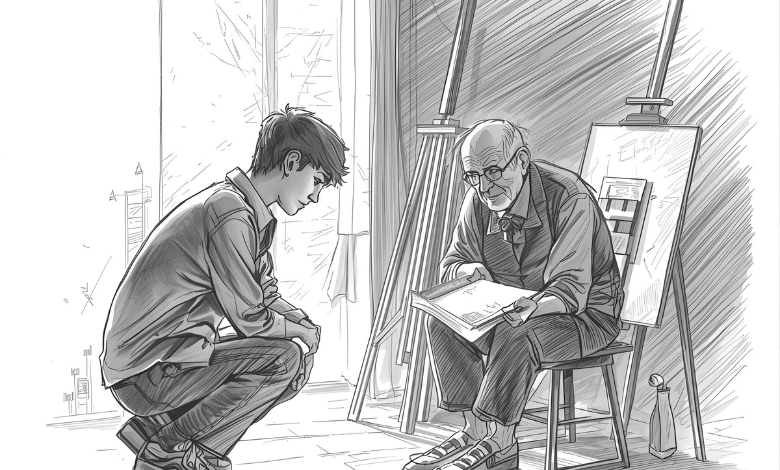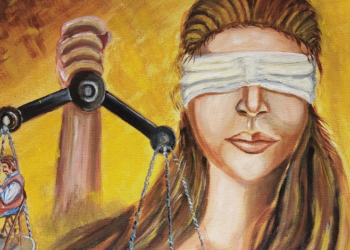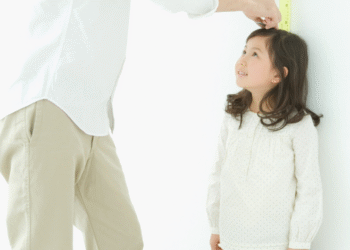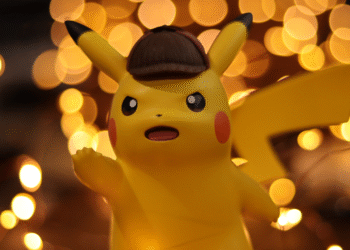Discover the true opposite of a sugar daddy with fun examples, cultural insights, and a relatable take on modern relationships.
I remember for the first time I heard the phrase “Sugar Dad”. I was in a college, a noise campus sitting with a group of friends on campus, and some mentioned carelessly that one of his classmates was with an old man, who paid for the teaching, rent and much more for each luxury. Everyone at the table laughs, half of distrust, half of curiosity. But a friend leaned back to the chair and asked, “Okay but what will happen opposite of a sugar daddy?”
The table was quiet for a second, and then exploded in estimates: “A broken lover.” “A Chinese child.” “Just… A regular friend sharing the bill?”
That question was stuck with me. And years later, browse Redit threads and tikok -Mems, I saw that I was not alone , everywhere where people try to attach the truth opposite of a sugar daddy. Is this a defined role? A cultural label? Or just a joke we throw around when you don’t fit to make a clear bill?
And that’s where culture really comes into play , the way society frames relationships, money, and labels changes how we view something as simple as this.
That curiosity provoked this article. So let’s make a deep dive, take some laughter and see if we can answer the question in the end: What is it opposite of a sugar daddy?
First thing first: Is it actually a Chinese dad?
Before we think about the contradictions, we need a solid definition of the original word. A Chinese dad is usually considered:
- An old rich man who provides financial support, gift or luxury.
- For his part, he often receives association, intimacy or a ratio dynamic.
- This is usually a mutually agreed system, often called “Chinese relationships”.
I want to be honest: When I first heard the word in my early twenty -seveny state, I felt that there are only a few stereotypes of Wild Hollywood. You know, rich men in convertibles show young women with diamonds. But over time, I realized that Chinese relationships are more common than humans. They show everywhere -in college complexes, luxurious lifestyle cities, and of course online dating apps are specially designed for them.
So what will happen if he is a Chinese dad opposite of a sugar daddy?
Search for Opposite of a Sugar Daddy
Things are fun here. When people write “Unlike a Chinese dad” in Google, they don’t really look for a wordfect-perfect antonyms. They also look for meaning, reference and sometimes humor.
Breaking Opportunities:
1. Chinese baby
Technically, the Chinese child can be regarded as the opposite role. If a sugar gives a dad, the Chinese will receive a child. This is a direct relationship dynamics – fellow against the recipient.
But here is the grip: It’s not really an “opposite” that most people think. This is more similar, such as how the “buyer” is facing “the buyer”, “the person who does not buy.”
2. “Broke Daddy” (A. K. A. Splinda Daddy)
Ah, Internet humor. One of my favorites was the word “Splenda Daddy” when this topic was discovered. This is an unstable job on men who want to become a Chinese dad, but does not have financial fire. Originally a low calorie version of the real thing.
And then the classic “Brocke’s Boyfriend” idea – the kind of man, is polar. Instead of luxurious handbags, you get coupons for two-a pizza. (And hey, let’s be honest – sometimes it’s more fun.)
3. Regular girlfriend
Another way of watching opposite of a sugar daddy just… Is a regular partner. No financial systems. No luxury expectations. Only two people share the bills, the Netflix password and argues for who to do the dishes.
When I went to my first apartment with my then boyfriend, I remember feeling this weird blend of pride and stress. We did not destroy each other with designer goods – we immediately made a budget for noodles and quarreled about cheap IKEA furniture. And honestly? It looked like the most opposite version of a Chinese dad -lifestyle.
4. Chinese mother’s uncle
There is a turn here. Some people claim that opposite of a sugar daddy there is a woman who provides financial help – a Chinese mother’s uncle or cougar. Instead of taking care of a small partner instead of a rich old man, there is a rich old woman.
This is not a perfect opposite, but it is definitely a role that is the other way around, and it makes it an interesting cultural comparison.
5. Independent partner
Finally, there is no angle that is not about the opposite roles at all. Instead, it’s all about withdrawing money from the equation. An independent partner – someone who does not want gifts or financial assistance – can be considered opposite of a sugar daddy.
It resonates with me personally. In my late twenty -sieving state, I was firmly on setting up financially on my two legs. I remember dating someone who offered to cover my rent under some patch, and my intestinal response, “No, I want to understand it myself.” For me, it was not the opposite of who pays – it was about rejecting the economic system completely.
Why do people care about this question
You may be wondering: Why people are very curious about this opposite of a sugar daddy still? I think this phrase touches some major cultural conversations:
- Money in relationships – who pays? How much does it matter?
- Power Dynamics – Money always does control?
- Modern dating culture – apps, memes and labels want us to classify everything.
In other words, asking the opposite is not really about words – it’s about the deep questions we break with everyone when it comes to love, money and justice.
Pop takes culture, memes and internet
If you browse TIKTOK or Reddit, you will see how often this conversation comes. People share memes about Splenda dadies, jokes about girlfriends who can’t tolerate them to destroy them, or laugh at the contrast between luxurious lifestyle and everyday struggle.
And honestly? I think why this topic is so entertaining. This is reliable. Most of us do not live the Chinese dad – lifestyle, so imagining the contrast is like appearing in the mirror – Mesis apartment, tight budget, but still the real relationship.
My personal trip with this theme
I want to accept something: for years, I secretly judged people in Chinese relationships. I felt that all this shallow transaction, perhaps, was also exploitative. But the more I talked to people, the more I realized I have supervised.
I once worked with a woman who openly shared that she paid a Chinese dad for teaching in primary school. She was fierce independent, smart and honestly practical about it. “Why not?” He said. “This is a system and I protect myself from student debt.”
This changed my attitude. This made me realize that conditions come in all forms, sizes and economic systems. And maybe question opposite of a sugar daddy it’s not about making fun of one side or glorifying the other – it’s about the discovery of the diversity of conditions in today’s world.
Key Takings:
So, what’s the verdict? The opposite of a sugar daddy could be:
- A sugar baby (the receiving end).
- A broke boyfriend (the comedic opposite).
- A regular partner (the everyday reality).
- A sugar mama (the role-reversed version).
- Or an independent partner (no money exchange at all).
In the end, I think the answer depends on how you define relationships. For me, the opposite of luxury-driven love is the simple stuff, cooking cheap pasta together, building Ikea furniture that wobbles, laughing through struggles, and sharing a life where money isn’t the foundation.
And maybe that’s the real takeaway: the opposite isn’t one label. It’s whatever version of partnership feels the most authentic to you.
Additional Resources:
- Sugaring: Understanding the World of Sugar Daddies and Sugar Babies: A peer-reviewed study breaking down the dynamics of sugar relationships, showing how money, intimacy, and expectations intersect.
- Gendered Perceptions of Fairness in Housework and Shared Expenses: Explores how couples balance money and chores, and how fairness impacts relationship satisfaction and intimacy.
- Financial Arrangements and Relationship Quality in Low-Income Couples: Research on how different financial models, joint vs separate, affect stability, conflict, and emotional closeness in relationships.














